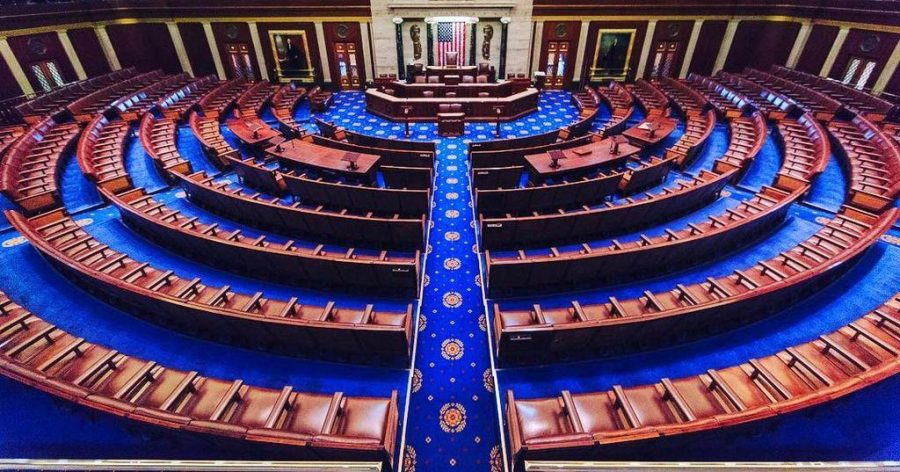The United States Congress is a complex, confounding and controversial creature. This branch of government appeared to hold a special place in the hearts the Founding Fathers, who dedicated the entire Article I of the Constitution to a detailed definition of the powers and responsibilities of congressional members. It was originally intended to be the most powerful body of the government, but throughout the years it seems to have lost strength. According to most Americans, it has declined in its ability to work efficiently as well. Congress approval ratings have plummeted during the last decade due to constant political theatrics and an intensifying partisanship that is prevalent in both chambers.
Nevertheless, Congress is the singular institution of government that is truly elected by the American public. There is no sort of filtering screen that dilutes voter representation, such as how the president is elected through the electoral college. While one may conclude that the legislative branch is a better reflection of the electorate than the executive, the House of Representatives is the one of the only chambers of government that truly represents the votes of American people.
Each state is represented by two senators, regardless of population. In the Senate, Wyoming, a state with a little more than half a million in population, has the same amount of seats as California, a state with almost 40 million people. The Senate is nowhere close to a proportional distribution of power, not when fifty diverse states are each allotted two senators. This arrangement has granted smaller states a disproportionate amount of political influence that can affect the rest of the country. Larger cities generally tend to be more racially and culturally diverse than in America’s sparse rural areas, which means that a diverse government that is representative of its nation’s demographics would be better to look after the interests of everybody. This seems impossible to accomplish with only two senators representing densely populated states. These geographical areas are home to millions of Americans, who are not composed of any one single race, religion, gender or class.
The Senate almost seems to be the complete opposite of the House of Representatives. The members of the lower chamber are elected according to the population and districts. In the recent midterm election, a record number of women were elected as representatives. These new congresswomen have all come from very different backgrounds. Some of them are extremely young, women of color, veterans, gay, Muslim or refugees. Many of them have a combination of several identities. Together, these fresh new faces are drastically shaping the House of Representatives into a sharper and more accurate reflection of the diverse population in the United States. As of this year, many more American voters are now able to say that their elected officials look like them, came from a similar background or practice their same religion. These representatives share the values and struggles of their constituents, and hopefully this understanding will be translated into legislation and conversations that have been neglected for far too long.
Perhaps it is time to change the way that Americans elect candidates to the Senate in order to truly reflect the needs of the majority of the country’s population. Although smaller states still deserve to have their voices heard and represented in government, the disproportionate power that their senators hold allows them to influence decisions for their entire country that may not represent the will of the people. The consequences of this are not limited to state boundaries. The Senate is not seeking solutions to address the problems of low-income and middle-class families and minorities because the majority of its members are not affected by the same issues as the rest of the country. Every vote should be equal in value rather than in having some be above others. Maybe in the future, both chambers of Congress will truly serve as a mirror of the will of the American people.


